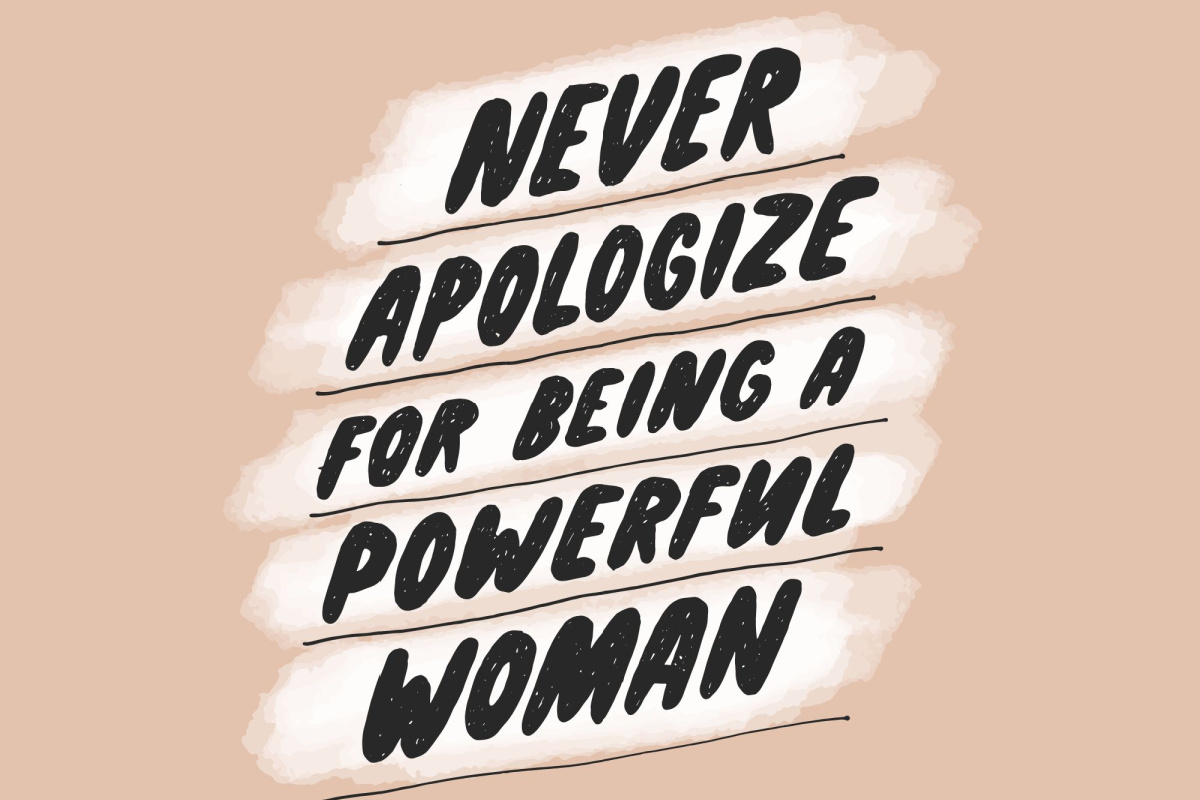International Women’s Day represents a crucial moment to reflect on the integral role of women in shaping society and advocating for equity. Within the Bahá’í teachings, the elevation of women is paramount, espousing principles that champion equality and empowerment. The following outlines nine creative solutions derived from the intersection of Bahá’í teachings and the global celebration of women.
1. Emphasizing Intersectionality in Education
Education is the cornerstone of development, and the Bahá’í teachings underscore its transformative power. Emphasizing intersectionality in educational frameworks entails recognizing diverse backgrounds and experiences of women. Tailoring curricula that includes stories of influential women from various cultures can pave the way for more inclusive narratives, fostering a comprehensive understanding of societal contributions.
2. Promoting Women’s Leadership in Community Governance
A salient tenet of Bahá’í teachings is the involvement of women in leadership roles. To cultivate active participation, communities can create mentoring programs that empower women to take up leadership positions. By establishing councils that include women in decision-making processes, communities can benefit from a multiplicity of perspectives, ultimately leading to more equitable governance.
3. Advocating for Health and Well-being
The holistic well-being of women is undeniably linked to societal progress. Bahá’í teachings advocate for physical, emotional, and spiritual health. Initiatives that promote mental health awareness specifically targeting women can provide substantial support. Establishing community support groups encourages dialogue, dismantles stigmas, and fosters healing through shared experiences.
4. Cultivating Environmental Stewardship Through Women’s Voices
Women globally bear the brunt of environmental degradation, yet they are also pivotal in cultivating sustainable practices. The Bahá’í perspective promotes environmental stewardship as a collective responsibility. Integrating women’s insights into environmental policymaking engenders innovative solutions. Community gardens led by women can serve as educational platforms, blending ecological principles with hands-on practice.
5. Fostering Economic Empowerment and Entrepreneurship
Economic independence is central to women’s empowerment. Bahá’í teachings stress the equal value of men and women within economic spheres. Supporting women-led businesses through microfinance initiatives can help bridge economic disparities. Training programs in entrepreneurship can equip women with necessary skills while also fostering community-based economic resilience.
6. Utilizing Technology to Connect and Empower
In an increasingly digital world, technology offers vast opportunities for engagement and empowerment. Leveraging platforms that allow women to share their experiences fosters a sense of unity and advocacy. Women’s networks established through digital means can facilitate mentorship, resource sharing, and the amplification of diverse voices, ensuring that the dialogue around women’s issues remains vibrant and relevant.
7. Revolutionizing Artistic Expression for Social Change
Art transcends cultural and linguistic barriers, serving as a poignant medium for social commentary. Bahá’í teachings encourage the pursuit of beauty and truth, which can manifest through the arts. Engaging women in artistic endeavors that highlight social injustices provides them a platform to voice their narratives. Collaborative art projects can stir empathy and drive collective societal transformation.
8. Building Global Awareness through Storytelling
Storytelling is an ancient tradition that fosters connection and understanding. By amplifying the stories of women globally, communities can cultivate empathy and awareness around issues faced by women. Bahá’í teachings advocate the importance of uplifting marginalized voices. Documentaries, podcasts, and written narratives can foster a more profound comprehension of the unique challenges women encounter and celebrate their resilience.
9. Strengthening Interfaith Dialogue for Women’s Rights
Many societal issues surrounding women’s rights are often deeply rooted in cultural and religious contexts. The Bahá’í teachings call for unity among diverse faiths. Establishing interfaith dialogues can dismantle misconceptions and foster collaborative efforts toward gender equality. These conversations allow for shared strategies and insights, creating a fertile ground for collective action on women’s issues.
In summary, the Bahá’í teachings provide a robust framework to address the multitude of challenges faced by women globally. The above solutions, both creative and practical, afford pathways for empowerment and transformation. By fostering equality, promoting leadership, and embracing the multifaceted contributions women make to society, these principles align with the universal call for justice and equity. Observing International Women’s Day is not merely an annual commemoration; it is an invitation to reimagine and reshape the world through the lens of women’s experiences, aspirations, and ingenuity.
